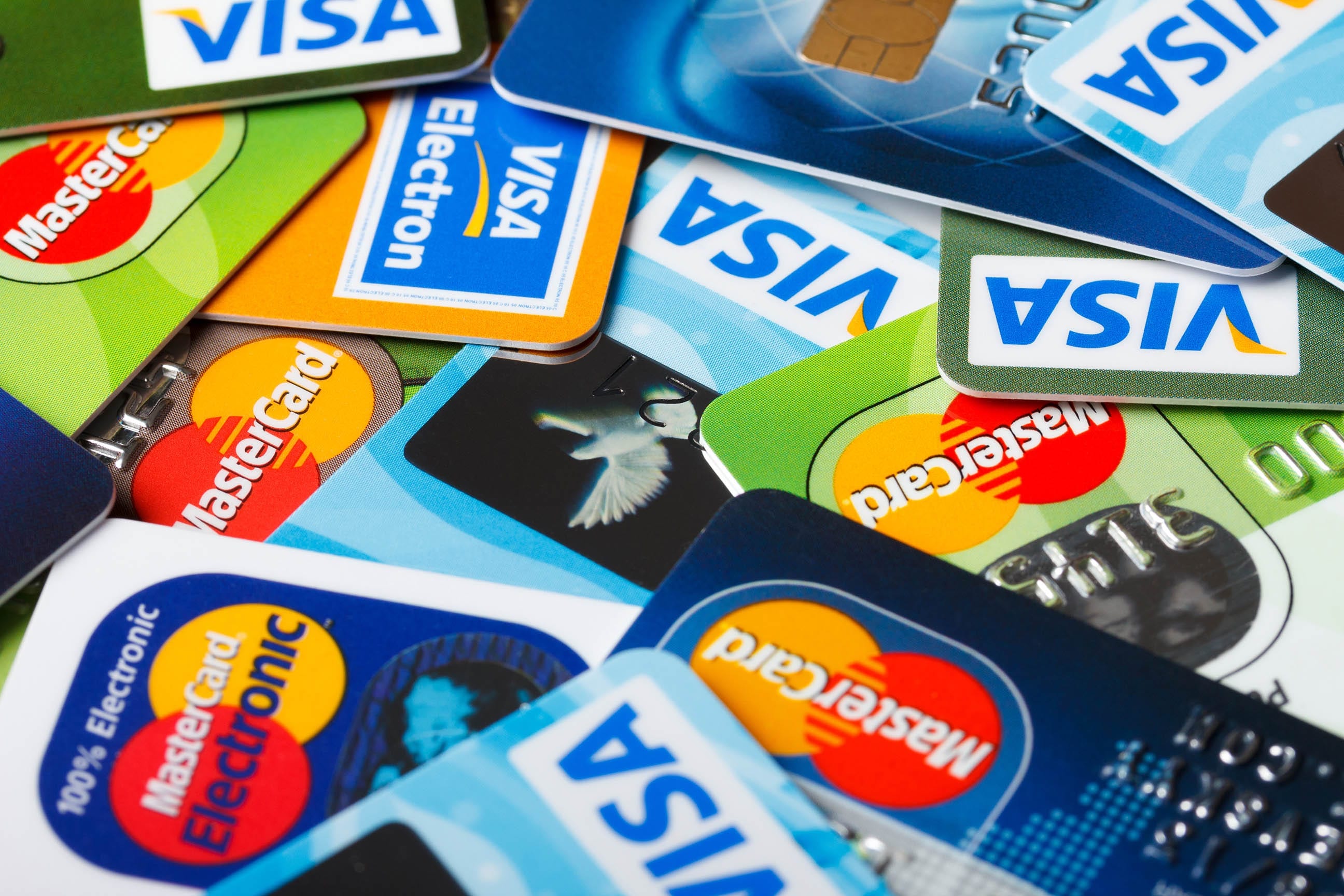Here’s how to avoid credit card fees without too much hassle.
Banks like money, fees make money, banks like fees. That’s what makes the world turn, but if you can be vigilant and avoid these fees, you’ll need to get a bigger mattress to stuff all this extra cash under. Here’s a list of the different ways banks try to drain you dry and different ways to avoid them.
Annual fees, balance transfer fees, foreign transaction fees, late payment fees…the list goes on. Most of these fees can be avoided up front when shopping for a credit card. Annual fees are the easiest to avoid, just don’t sign up for a credit card with an annual fee. If you’re looking to transfer a balance, look for a card with a promotional balance transfer period with no fee attached. Certain rewards cards that are marketed towards travelers waive foreign transaction fees altogether.
One of the easiest fees to avoid, but for some people also the hardest, are late fees. For those (including myself) that can be a little forgetful at times, it helps to set a reminder on your phone or your computer to pay your bill on time, or even better, even early. Avoid mistakes on the banks end by paying it a few days ahead of time, then there should be no excuse why your payment wasn’t processed.
Another way to get bitten by the fee bug is exceeding your credit limit. Always keep in mind where you are at with your credit card spending and try not to go over 30 percent of that number. Not only will this keep you far away from exceeding it, it will also bode well for your credit score.
And lastly, make sure the account your paying your credit card off with has sufficient funds. This might sound obvious, but always double check which account you’re paying for and with what money, because if you overdraw you’ll not only be slapped with a fee on your checking account, but a return check fee on your credit card as well.
Avoid these certain pitfalls and along with common sense, you’ll be pocketing cash instead of shelling out even more.
